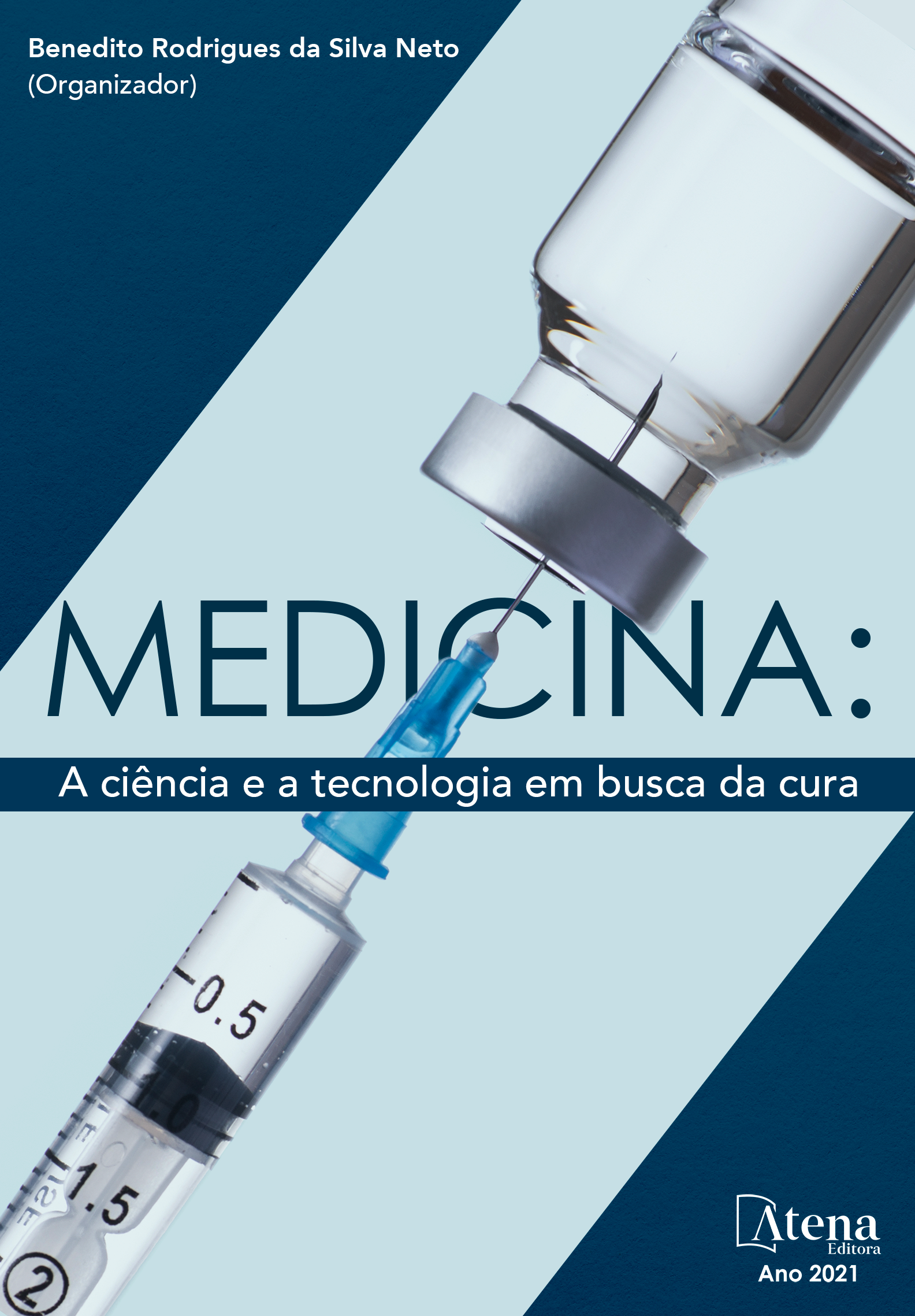
ANÁLISE DA PROTEÇÃO CONTRA O VÍRUS SARS-CoV-2 ADVINDA DO ALEITAMENTO MATERNO: UMA REVISÃO INTEGRATIVA
A doença por coronavírus 2019, causada pela infecção por SARS-CoV-2, é uma séria ameaça à saúde global. Nesse contexto, sabe-se que o leite humano é essencial para a imunização de recém-nascidos e de bebês, pois é considerado a principal fonte de imunidade passiva e ativa. Ademais, recentes trabalhos científicos relatam que o aleitamento materno pode fornecer anticorpos específicos que modulam uma possível infecção neonatal por SARS-CoV-2, como o IgA. Assim, esta revisão visa destacar o aleitamento materno como fator de proteção ao vírus SARS-CoV-2. Para isso, pesquisaram-se trabalhos científicos na base de dados PUBMED, a partir dos seguintes descritores: “Breastfeeding” AND “Antibodies” AND “COVID-19”. Utilizou-se o filtro dos últimos 5 anos como critério de inclusão, o qual resultou em 72 artigos. Destes, foram selecionados 26 e, em seguida, excluídos 20, restando apenas 6 artigos. Primeiramente, sabe-se que o leite materno é composto em sua maioria pela imunoglobulina A (IgA), e que esta fornece uma defesa antimicrobiana para o trato gastrointestinal neonatal. Desse modo, a presença de anti-SARS-CoV-2 IgA pode ser um fator protetor neonatal, já que leva à imunidade passiva recém-nascidos e bebês amamentados, protegendo-os de uma possível transmissão e da gravidade da doença. Além disso, uma pesquisa realizada por Hannah G. Junker et al. (2021), mostra que, das 165 participantes que tiveram a infecção previamente comprovada, 98 pessoas (59%) apresentaram em seu leite anticorpos IgA específicos para combater o vírus. Ademais, o estudo evidencia que a prevalência da imunoglobulina A contra o SARS-CoV-2 foi de 23,1%, permanecendo estável ao longo do tempo. Desse modo, considera-se que as mulheres previamente infectadas pelo vírus possuem em seus leites anticorpos IgA capazes de neutralizá-lo e que, através da imunidade passiva, protegem os bebês amamentados de uma possível contaminação e da gravidade da doença.
ANÁLISE DA PROTEÇÃO CONTRA O VÍRUS SARS-CoV-2 ADVINDA DO ALEITAMENTO MATERNO: UMA REVISÃO INTEGRATIVA
-
DOI: 10.22533/at.ed.9462120125
-
Palavras-chave: Infecção por SARS-CoV-2; Aleitamento Materno; Anticorpos.
-
Keywords: SARS-CoV-2 infection; Breastfeeding; Antibodies.
-
Abstract:
Coronavirus 2019 disease, caused by SARS-CoV-2 infection, is a serious threat to global health. In this context, it is known that the human milk is essential for the immunization of newborns and baby milk, as it is considered the main source of passive and active immunity. Furthermore, recent scientific studies report that breastfeeding can provide specific antibodies that modulate a possible neonatal SARS-CoV-2 infection, such as IgA. Thus, this review aims to highlight breastfeeding as a protective factor against the SARS-CoV-2 virus. For this, scientific studies were searched in the PUBMED database, using the following descriptors: “Breastfeeding” AND “Antibodies” AND “COVID-19”. The filter of the last 5 years was used as an inclusion criterion, which resulted in 72 articles. Of these, 26 were selected and then 20 were excluded, leaving only 6 articles. First, it is known that breast milk is composed mostly of immunoglobulin A (IgA), and that it provides an antimicrobial defense for the neonatal gastrointestinal tract. Thus, the presence of anti-SARS-CoV-2 IgA may be a neonatal protective factor, as it leads to passive immunity in newborns and breastfed babies, protecting them from possible transmission and the severity of the disease. In addition, a survey by Hannah G. Junker et al. (2021), shows that, of the 165 participants who had previously been infected, 98 (59%) had specific IgA antibodies in their milk to fight the virus. Furthermore, the study shows that the prevalence of immunoglobulin A against SARS-CoV-2 was 23.1%, remaining stable over time. Thus, it is considered that women previously infected by the virus have in their milk, IgA capable of neutralizing it and that, through passive immunity, they protect breastfed babies from possible contamination and the severity of the disease.
-
Número de páginas: 6
- Bárbara de Alencar Nepomuceno
- Catharina Barros Mascarenhas
- Felipe de Jesus Machado
- Maria Elvira Calmon de Araújo Mascarenhas
- Mariana Barboza de Andrade
- Juliana Bandeira da Rocha Lima
- Beatriz Bandeira Mota


